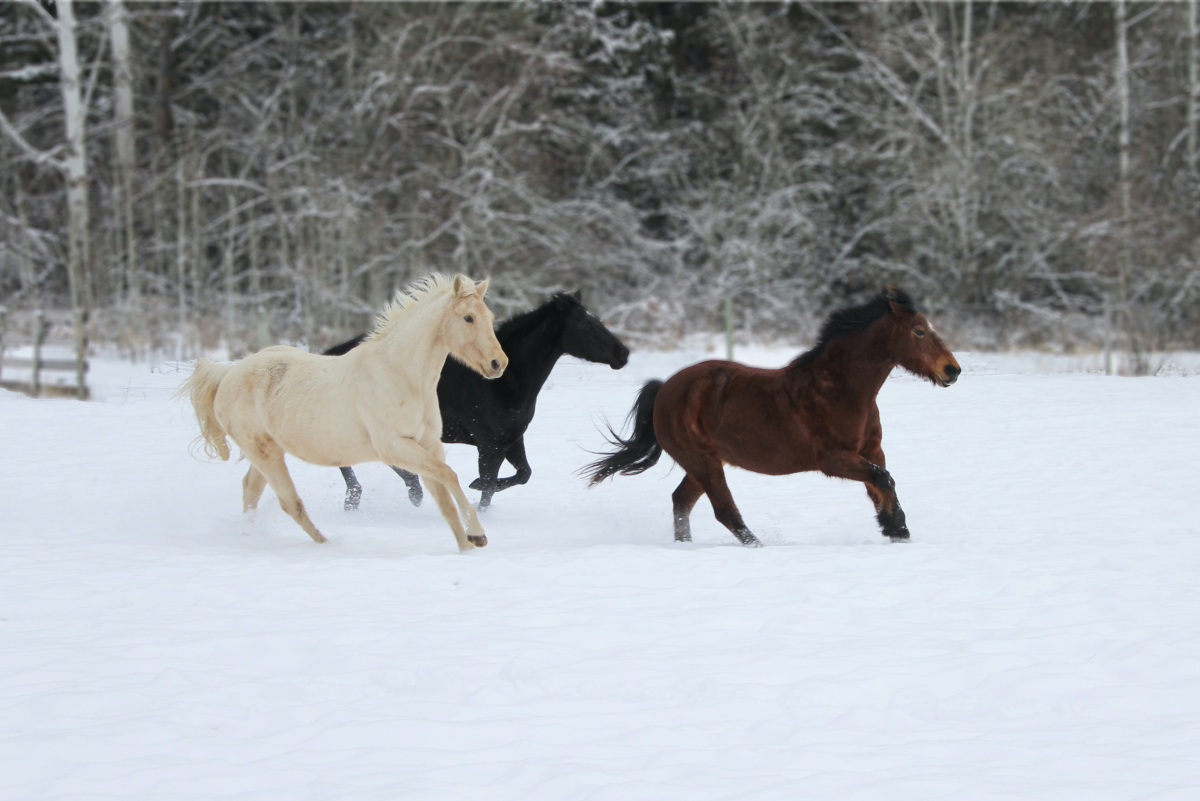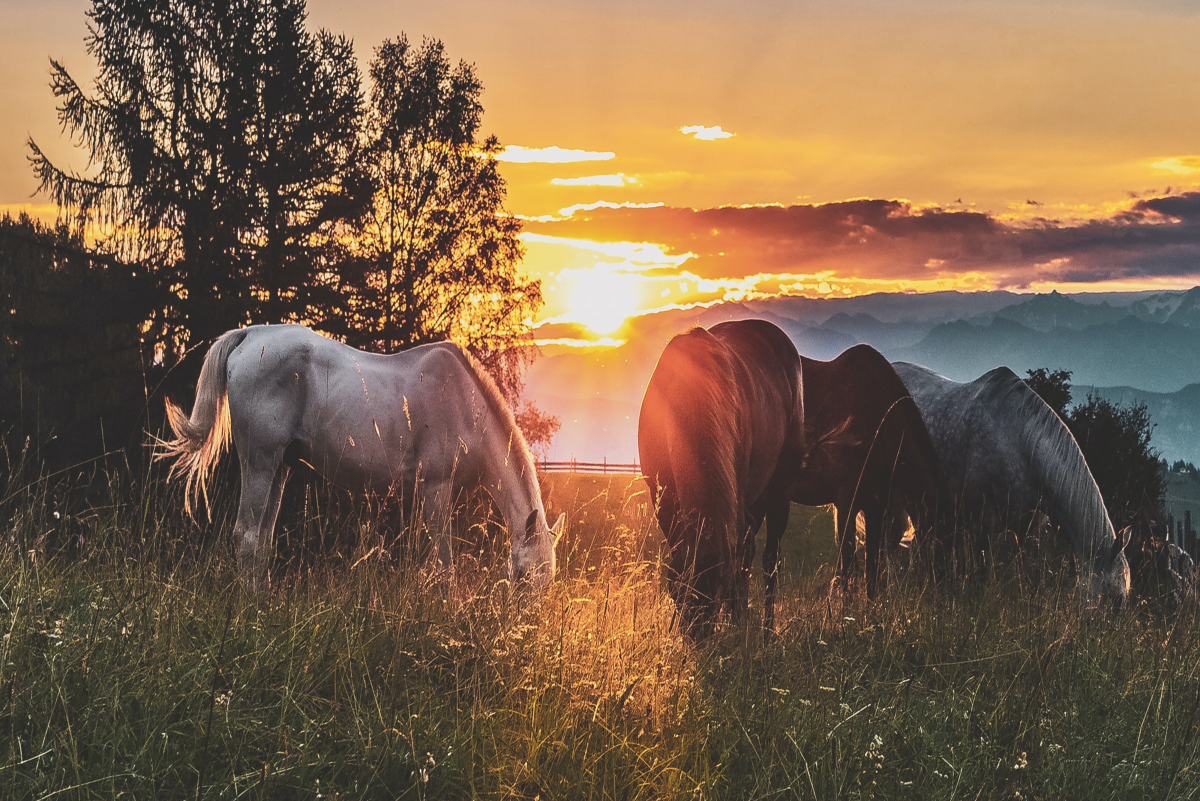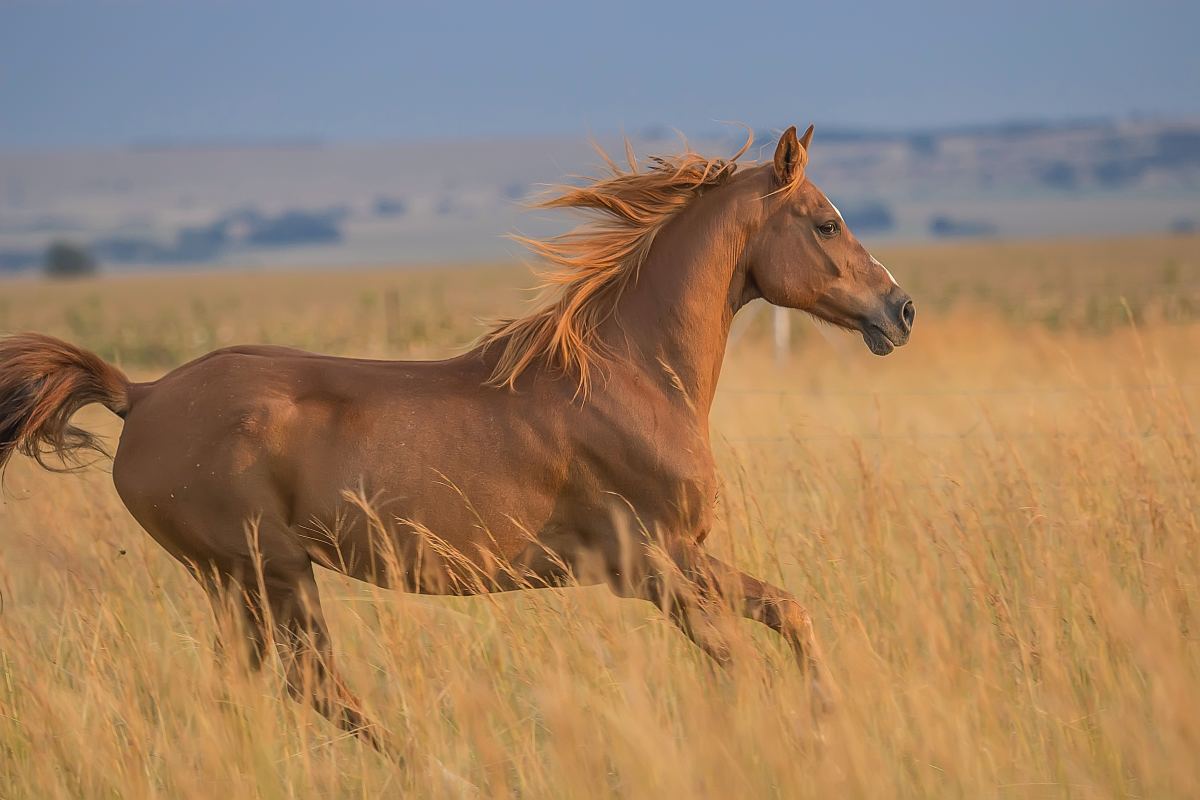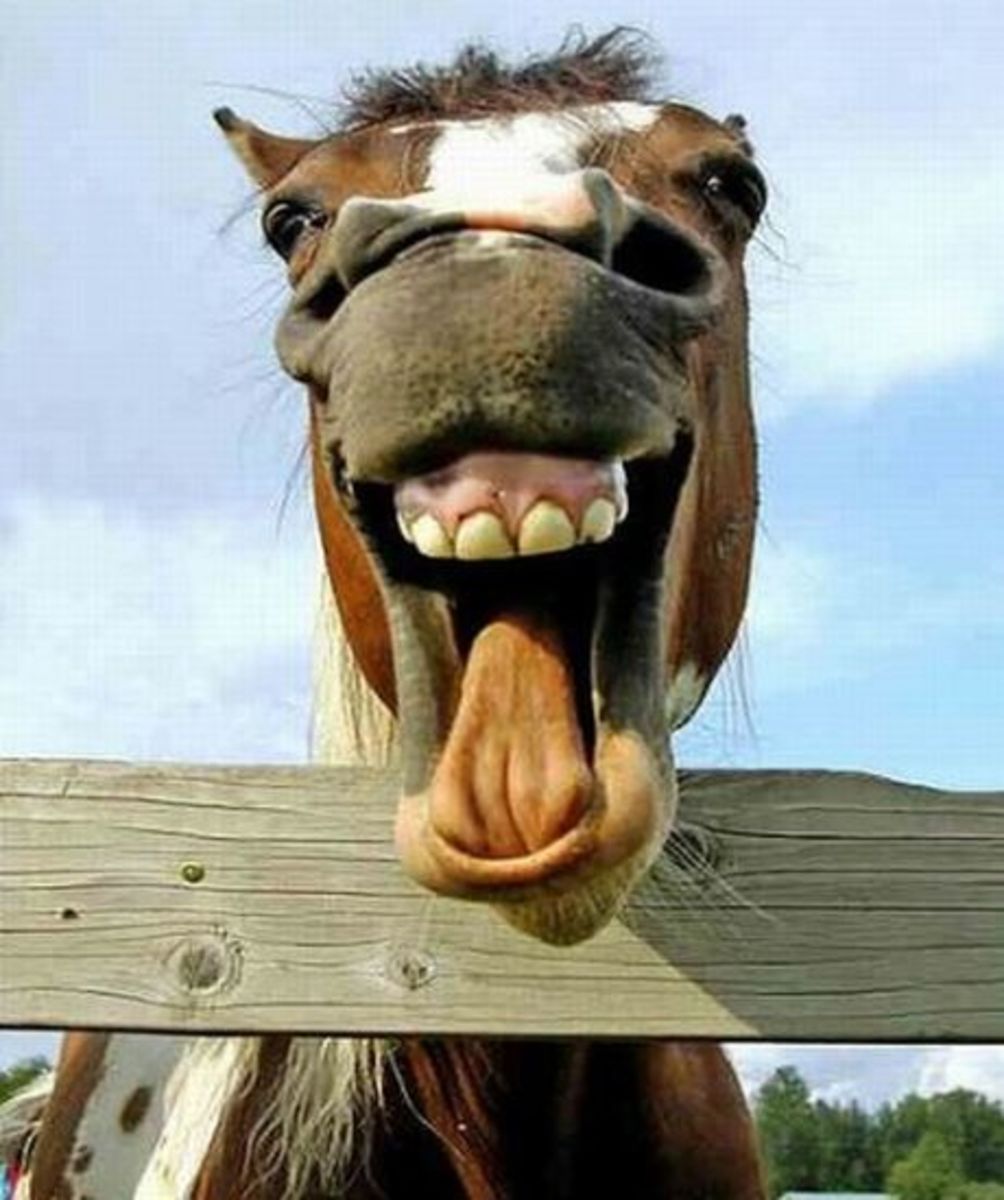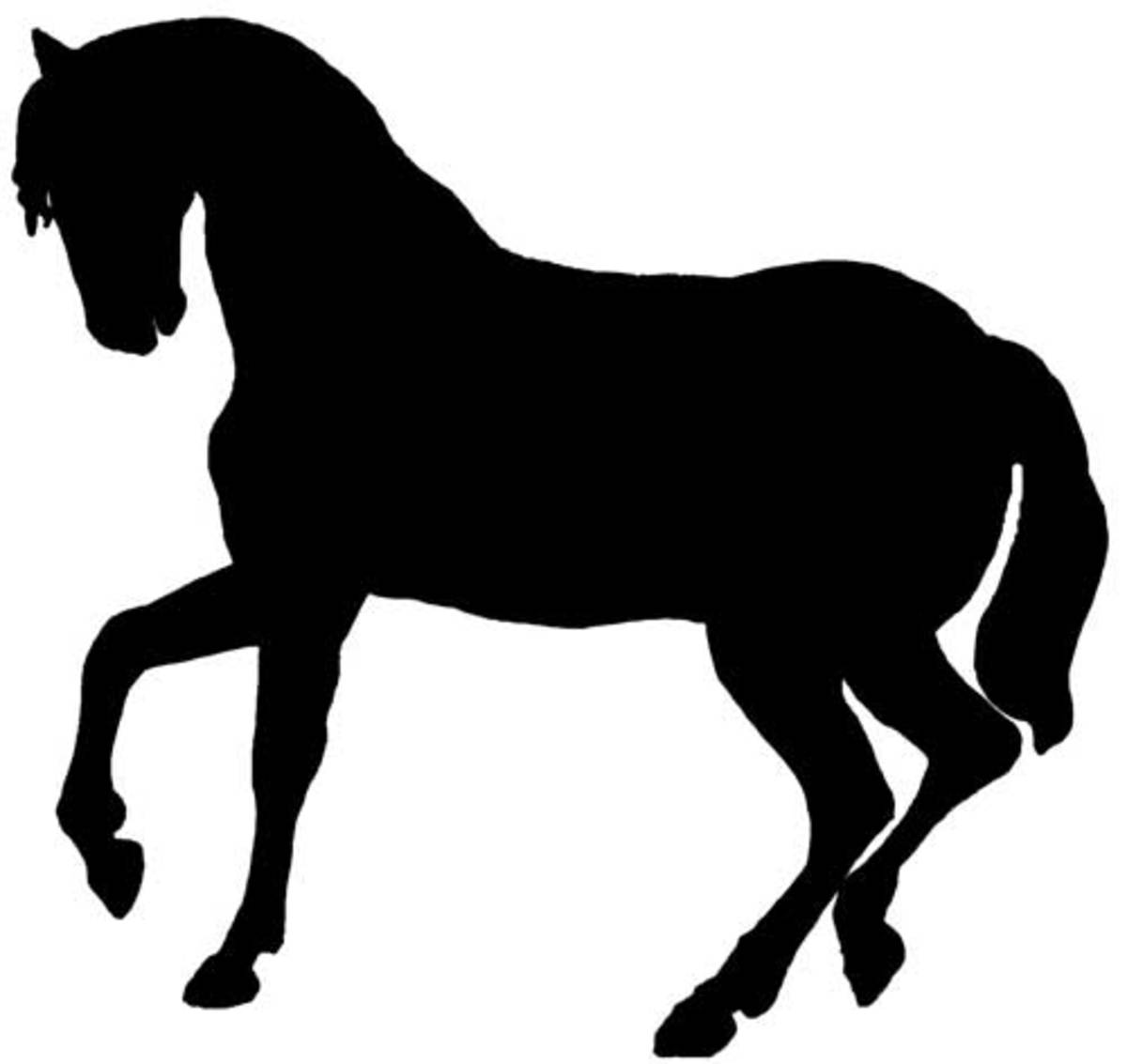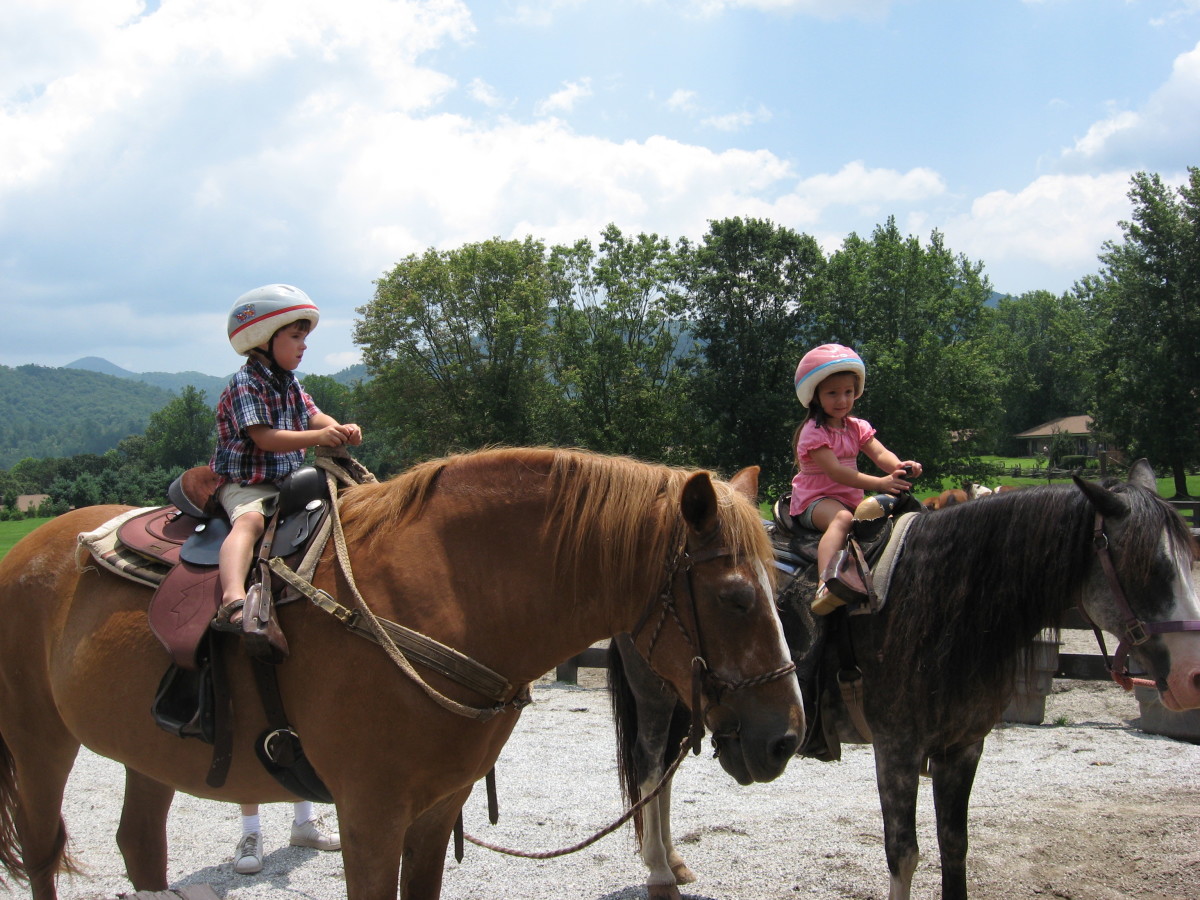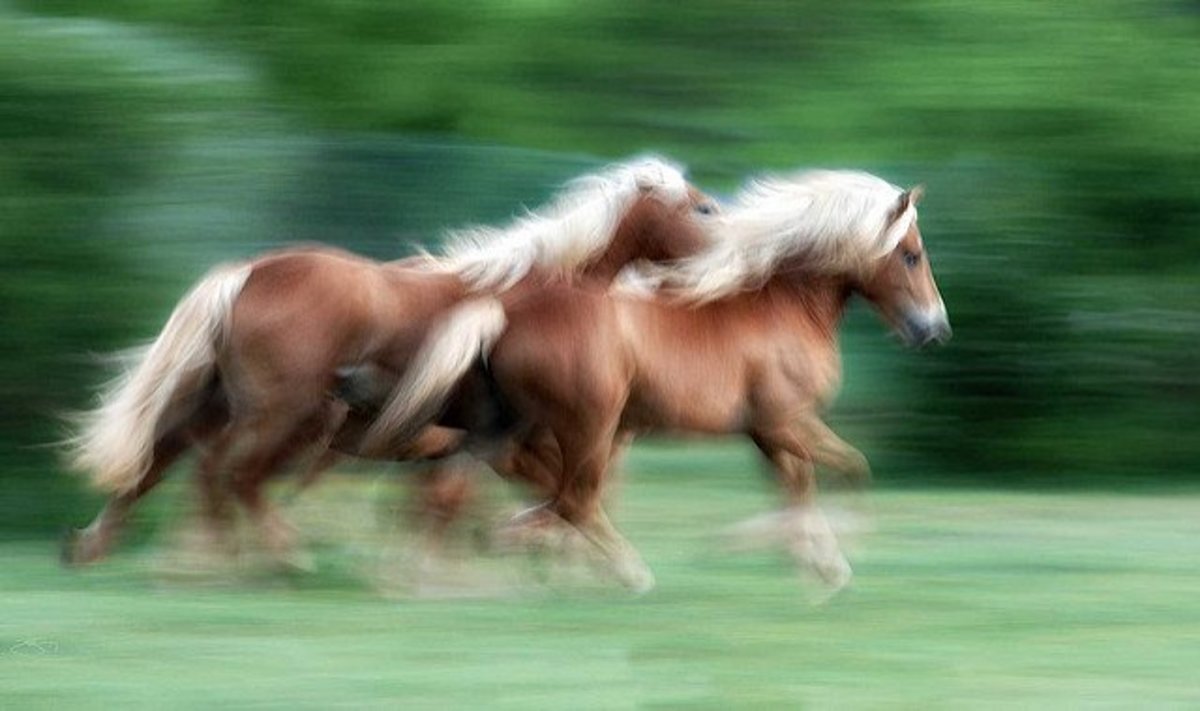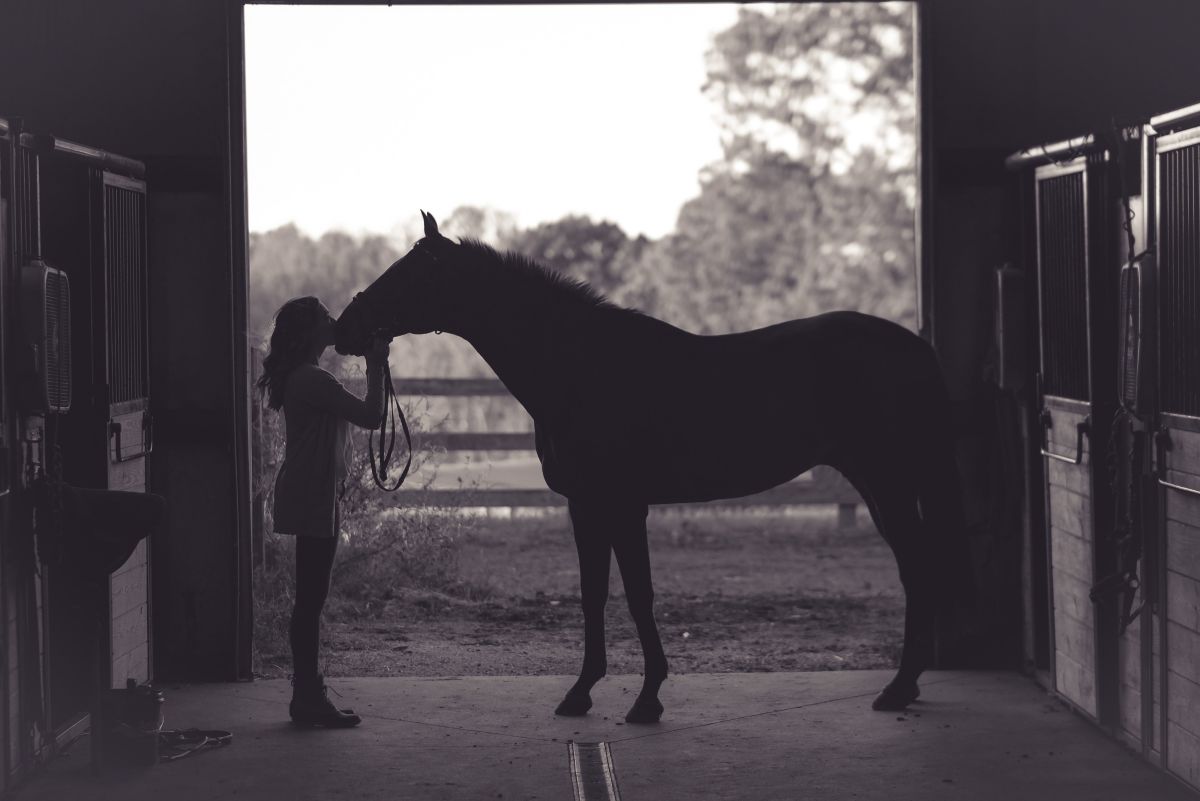The Ten Principles of Feeding a Horse
1. Nowadays most horses, particularly heavy horses, are underworked. Or even idle. Therefore their greatest peril is overfeeding. The worst enemy of an idle horse is fodder which would be suitable to him if he were working. The worst enemy of a horse in light work is fodder which would be right if he were toiling hard and long. The worst enemy of a horse working spasmodically is to be fed on rest days the same rations as he needs on working days. While humans can survive the constant serious abuse of his digestive system by gross over-feeding the horse can not.
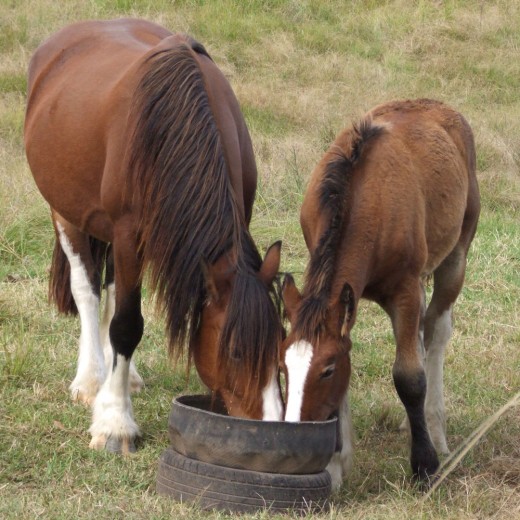
2. Every horse has its own special requirements. Obviously these depend partly on its age; its size; the time of year' the availability and quality of pasture; and other factors. But in addition, two apparently identical horses leading similar lives may have different needs. One may be a shy feeder and the other have a healthy appetite. Every horse must therefore be treated as an individual.
3. Water him before feeding, not after. Good wholesome, clean fresh water is essential to life. He should have access to this at all times - with two exceptions. If he is very hot and sweaty after hard work, he should not be allowed to drink much cold water until he has really cooled down. And he should not be watered too soon after a feed, particularly if it contains a concentrated food such as oats. In either case, he might develop colic. Otherwise he should drink as often as he wants, consuming anything up to ten gallons some days.
4. Feed your horse at the same time every day. If he is in work, three times at least: morning, midday and evening. If he is idle the midday feed can be left out. If he has not finished up his last meal by the time you arrive with the next one, you are overdoing it - unless he is going off his feed because he is coming down with an illness, or there is something wrong with what you have given him, or he happens to have dunged in his manger. In his natural surroundings he spends a considerable part of each twenty-four hours eating, like all grazers and browsers, but his stomach can take only a limited amount at any one time. So he eats intermittently. 'Little and often' is the motto, and it would be better to increase his feeds to four a day rather than reduce them to one as long as the total quantity is not thereby increased.
5. Give him only good quality clean fodder. This is not just a matter of health but of economy too. If forage is moldy or dusty, he will waste as much as he eats.
6. The foundation of good feeding in the stable is hay.
7. All concentrated feeds should be measured by the pound weight. While you are still learning it is a good idea to record what foods you have fed and their weights, so you can adjust according to circumstances. Then if you have to hand over the job for a day or two to someone else you can leave precise instructions.
8. Horses like a bit of variety, but do not suddenly and radically change his basic diet. You will do a lot of harm that way. A pig or other omnivore, especially a human, can survive an incredible difference in foodstuffs from one meal to the next or from today to tomorrow. But not a horse. Even a new sort of hay should not be abruptly introduced. If you old supply is running out and your new lot is a quite different kind, it would be wise to mingle the new with the old gradually instead of making a complete change.
9. Allow at least an hour, preferably two, to pass before you begin to work your horse after feeding.
10. Salt should be available to your horse at all times, in the form of a mineral lick or, if you can get it, rock salt.
This content is accurate and true to the best of the author’s knowledge and is not meant to substitute for formal and individualized advice from a qualified professional.
© 2008 Glen

